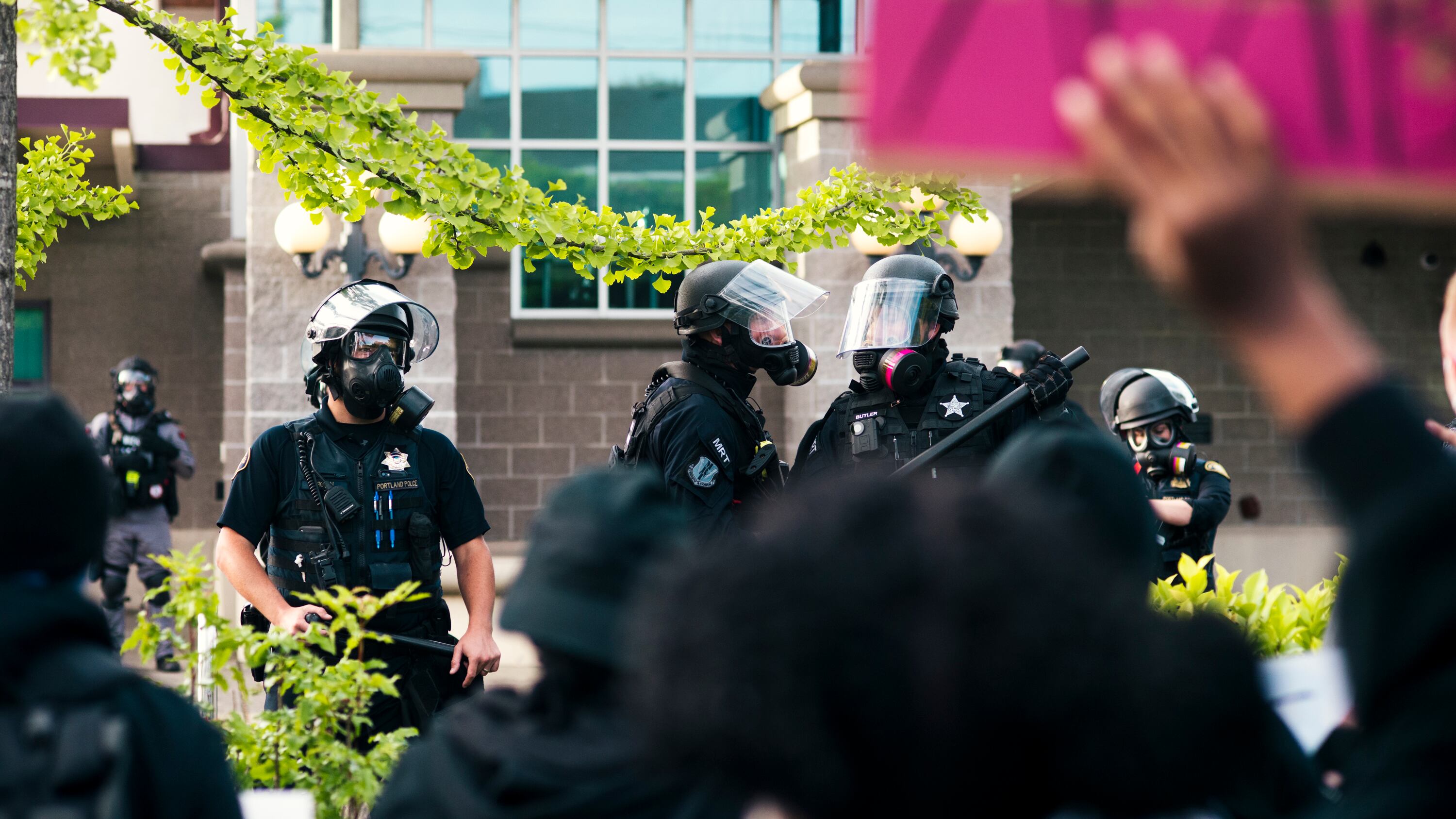On Friday, Portland City Commissioner Jo Ann Hardesty disputed claims made yesterday by Mayor Ted Wheeler that in part blamed the recent spike in gun violence on the decision to disband the Police Bureau's Gun Violence Reduction Team in June.
In July, there were 15 homicides in Portland—the highest monthly tally in 30 years. Wheeler said Thursday that the shootings are partly "gang-related," and strongly hinted at plans to bring back the GVRT in some form. He told reporters to expect an announcement as soon as Monday.
Hardesty, who has long been an advocate of criminal justice reform—and who has said specifically that the GVRT was guilty of "egregious racial profiling"—says Wheeler is focused on the wrong problem.
"The issues here are larger than one month of incomplete data regarding transitioning the Gun Violence Reduction Team or reinvestments still yet to be made in the community," Hardesty said in an email to WW. "Gun violence is a symptom of social ills, and the one thing that is clear is that police are not social workers, and policing will not replace the need for investments and resources for our community."
Two months ago, in June, Wheeler agreed to disband the GVRT. At the time, he called it a "historic opportunity to reimagine what policing and public safety looks like in our community."
His apparent change of heart follows escalating tensions between protesters and the Portland Police Bureau after the phased withdrawal of federal agents beginning July 30. It also mimics similar comments made by other police leaders. (Portland Police Association president Daryl Turner drew a direct correlation Aug. 5 between cutting the program and the spike in violence.)
Hardesty says correlation doesn't equal causation: Cutting the GVRT isn't necessarily the cause of increased gun violence, and the solution to curbing violence is not to increase policing efforts.
"Every year we are told that gun violence is an issue and it's why we need more funding for police and for the Gang Enforcement Team, which then turned into the Gun Violence Reduction Team," Hardesty said. "But we also see that year after year these shootings remain, with little to show for our dollars spent. I make this point to say that we have been doing the same thing over and over for the last several decades with little to show for it."

